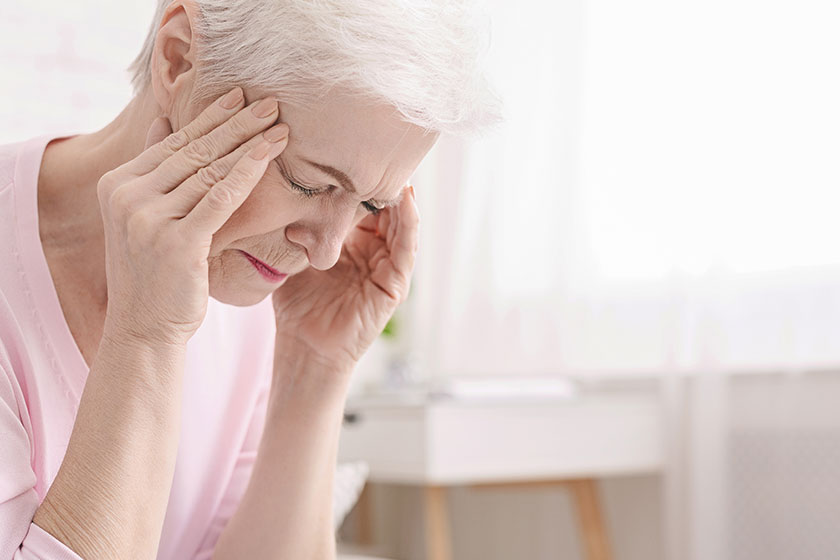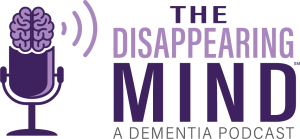Mental health has become a hot topic as of late, thanks to the various mental health awareness campaigns and influencers making their rounds in recent years. Unfortunately, the world is still very far behind in terms of education and awareness when it comes to mental health, especially when it comes to the mental health of adults in their retirement years. Read on to learn more about mental health and aging, and how it can affect you and your elderly loved ones.
Mental Health Issues Aren’t a Regular Part of Aging
Unfortunately, one common misconception that people with aging loved ones tend to have is that mental health problems such as depressive symptoms are simply just a normal part of the aging process. On the contrary, mental health concerns are far from normal, and turning a blind eye to those warning signs can lead to severe consequences for your elderly loved one. Over 20% of adults aged 60 and above suffer from a mental or neurological condition, making such conditions abnormal, yet a substantial amount of older adults are impacted by them.
The Relationship Between Mental Health and Physical Health
Good mental health contributes greatly to the improvement of physical health and vice versa. Older adults are frequently advised to exercise, not just because it helps them to stay physically fit, but also because of how beneficial it can be for their mental and emotional well-being. On the other hand, if an older adult is afflicted with mental illness, they tend to heal slower from injury and other physical illnesses.
Late-Life Mental Health Conditions
While many adults manage their chronic mental illness and continue with their lives coping with it, that doesn’t mean that mental health is no longer a concern once you’ve reached your golden years. Mental health problems can start to develop later in life, due to factors such as other chronic health conditions and life events such as deaths in the family.
Misdiagnosis and Avoidance
Unfortunately, our healthcare system has much room for improvement when it comes to addressing mental health conditions in the elderly. Statistically, primary care physicians fail to diagnose cases of clinical depression 50 percent of the time, which is a shockingly large portion of patients. Furthermore, only half of older adults who discuss their mental health conditions with their physicians receive treatment to remedy said conditions. These numbers aren’t even counting those who refuse to seek professional advice when it comes to mental health due to practical, financial, or other reasons.
Suicide Is a Genuine Risk for Older Adults
Older adults aged 75 and older have the highest suicide rate in the U.S., which shows how pressing of a problem suicide is for this demographic. On top of this, older adults’ suicide attempts tend to be more lethal, with a higher likelihood of death per attempt compared to other age groups. Hence, mental health problems can be even more deadly for older adults experiencing them.
Looking out for your loved one’s mental health during their golden years? Consider our senior living community‘s Assisted Living program, equipped with various programs and services to enhance residents’ physical and mental well-being.








